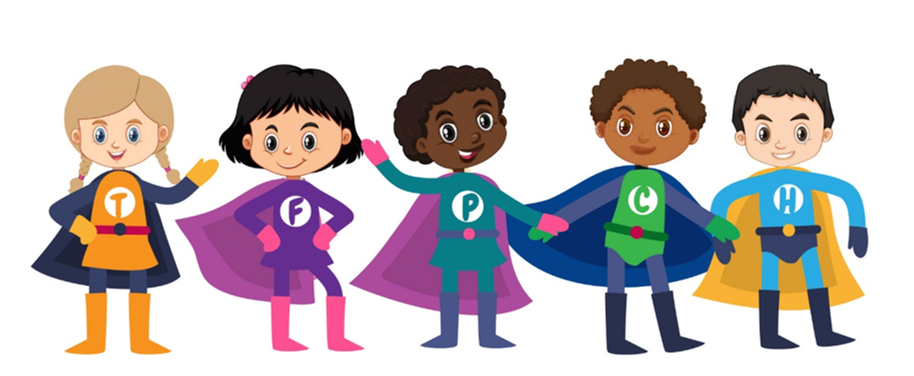 CALM IN CONFLICT & CELEBRATING OUR DIVERSITY
CALM IN CONFLICT & CELEBRATING OUR DIVERSITYIt is easy to feel fear and anger at what we see happening in our world, in our country and in our own communities. I have been thinking about our kids who experience the anger, hatred and rage that is projected on our TVs, on our streets and even in our own homes. They witness our struggles to put food on the table, to protect them, to love them, and to teach them the principles of what is right and wrong, just and unjust. Without a model, these emotions can become very confusing to navigate.

Epic Ethics curriculum is focused around 5 themes: Resolving Conflict, Celebrating Diversity, Building Community, Expressing Feelings and Strength through Peace. We aim to teach children the skills to respond in ways that model and teach self-monitoring, right action and empathy. Our program is surrounded around 4 principles of Truth, Fairness, Community and Service. Principles that are near and dear to Rotarians. Our lessons infuse skills and conversations around emotions and teach children how to identify and process their feelings. Emotions they witness in the streets, on the news, in their homes and at school and emotions they adopt without fully understanding the effect they will have on the own health and decision-making.
Valerie Kaur, author of: See No Stranger: A Memoir and Manifesto of Revolutionary Love, speaks about the ethic of Love as labor and action. To experience love as a choice and an an action, it becomes an ethic that cements the 4-Way Test. Valerie writes in her book that Love engages ALL emotions. It is so much more than a romantic feeling: Joy is the gift of love; Grief is the price of love; Anger is the protection of love, and Wonder is the return to love when we think we have reached our limit and have nothing left to give.
Epic Ethics has incorporated questions that are used as prompts to help children (and ourselves) understand more fully HOW we choose to respond to the world. Here are some sample questions from our lessons on Diversity and Resolving Conflict:
How does it feel when someone accuses you?
What are the signs that someone is being bullied?
What are some differences that we see around us?
What would your class be like if everyone was the same?
If getting involved in a conflict to stick up for your friend means you might get hurt or be attacked with unkindness, what do you choose?
How does listening help us to be fair?
How does listening help us learn the truth about a situation?
How can someone disagree but also promote peace?
How can someone deescalate a conflict?
Why is it important to avoid using you-statements?
If someone says something you disagree with how could you express a different point of view?
How can your CLUB sign up?
It’s FREE and SIMPLE and it’s as easy as 1-2-3. Go to: www.epicethics.org and sign up as a program champion. We will give you all the tools to connect with schools in your community.
Please contact:
Cher Cruz
(720)226-6651